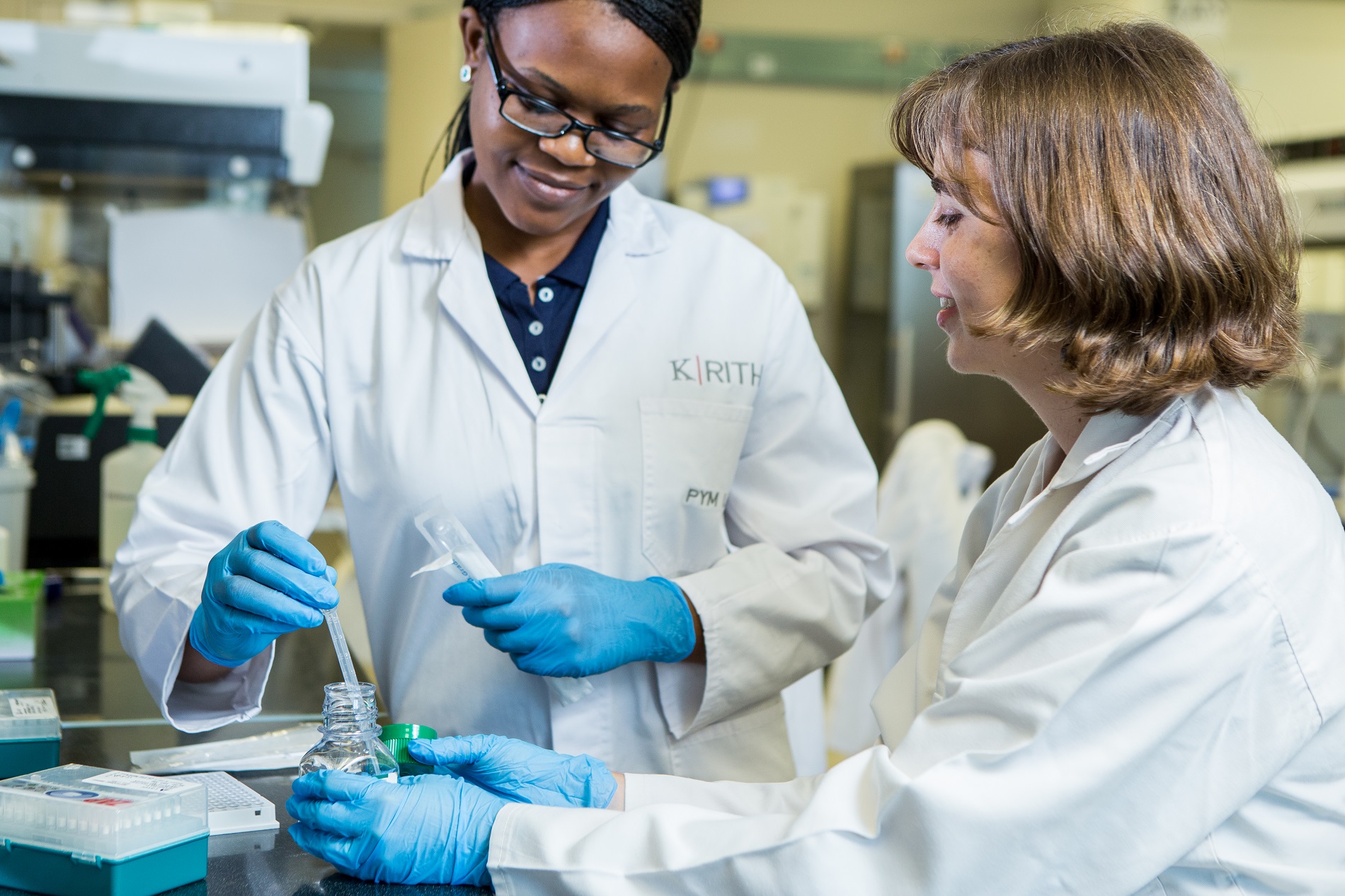AESA PROGRAMMES
- Building R&D Infrastructure
- Developing Excellence in Leadership, Training and Science in Africa (DELTAS Africa)
- Human Heredity and Health in Africa (H3Africa)
- Africa’s Scientific Priorities (ASP)
- Innovation & Entrepreneurship
- Grand Challenges Africa
- Grand Challenges Innovation Network
- Rising Research Leaders/Post-Docs
- AESA RISE Postdoctoral Fellowship Programme
- African Postdoctoral Training Initiative (APTI)
- Climate Impact Research Capacity and Leadership Enhancement (CIRCLE)
- Climate Research for Development (CR4D)
- Future Leaders – African Independent Research (FLAIR)
- Critical Gaps In Science
- Clinical Trials Community (CTC)
- Community & Public Engagement
- Mobility Schemes: Africa-India Mobility Fund
- Mobility Schemes: Science and Language Mobility Scheme Africa
- Research Management Programme in Africa (ReMPro Africa)
- Science Communication/Africa Science Desk (ASD)
- Financial Governance: Global Grant Community (GGC)
- AAS Open Research
- CARI Programmes
- Evidence Leaders Africa (ELA)

News
Pioneering research tests why some TB bacteria survives treatment

165
Pioneering research tests why some TB bacteria survives treatment
Meet Patience Shumba. She is a Master’s degree student whose ambition is to contribute to the development of a shorter treatment regime for tuberculosis.
Shumba is one of the fellows of the Sub-Saharan African Network for TB/HIV Research Excellence (SANTHE), a programme funded by the Developing Excellence in Leadership, Training and Science (DELTAS) Africa.
“I want to help in the identification of potential targets for development of new drugs for treating TB,” says the Zimbabwe-born researcher who studied for undergraduate and honours degrees at the University of KwaZulu-Natal.
Her pioneering research is using fluorescence activated cell sorting (FACS) to isolate Mycobacterium tuberculosis that survive treatment. FACS is a platform that facilitates the separation of cells in motion based on the fluorescent (light) properties of the cells. This is an indirect measure of the biological functions of the cells.
Here she treats M. tuberculosis with anti -TB drugs then stains the bacteria with different cell viability fluorescent dyes for sensing the different characteristics and detecting the health of a cell. Usually different subpopulations of cells emerge or are observed, which are then sorted and grown to identify the bacteria that has survived the antibiotic treatment.
If she succeeds, her research will identify factors contributing to the persistence of TB. Current treatment regimes last for six months to two years, which often lead to patients not adhering to treatment. The result is often a relapse and has been the cause of multidrug- resistant TB that does not respond to at least isoniazid and rifampicin, the 2 most powerful and first line anti-TB drugs.
Multidrug-resistant TB often results when antimicrobial drugs are used incorrectly or patients terminate treatment prematurely.
“If we can isolate the bacteria that survives treatment, we can begin to understand what contributes to their survival and develop new targets for TB drug development,” Shumba says.
DELTAS Africa is a programme of the Alliance for Accelerating Excellence in Science in Africa (AESA) that supports the Africa-led development of world-class researchers and scientific leaders in Africa.
Photo credit: SANTHE